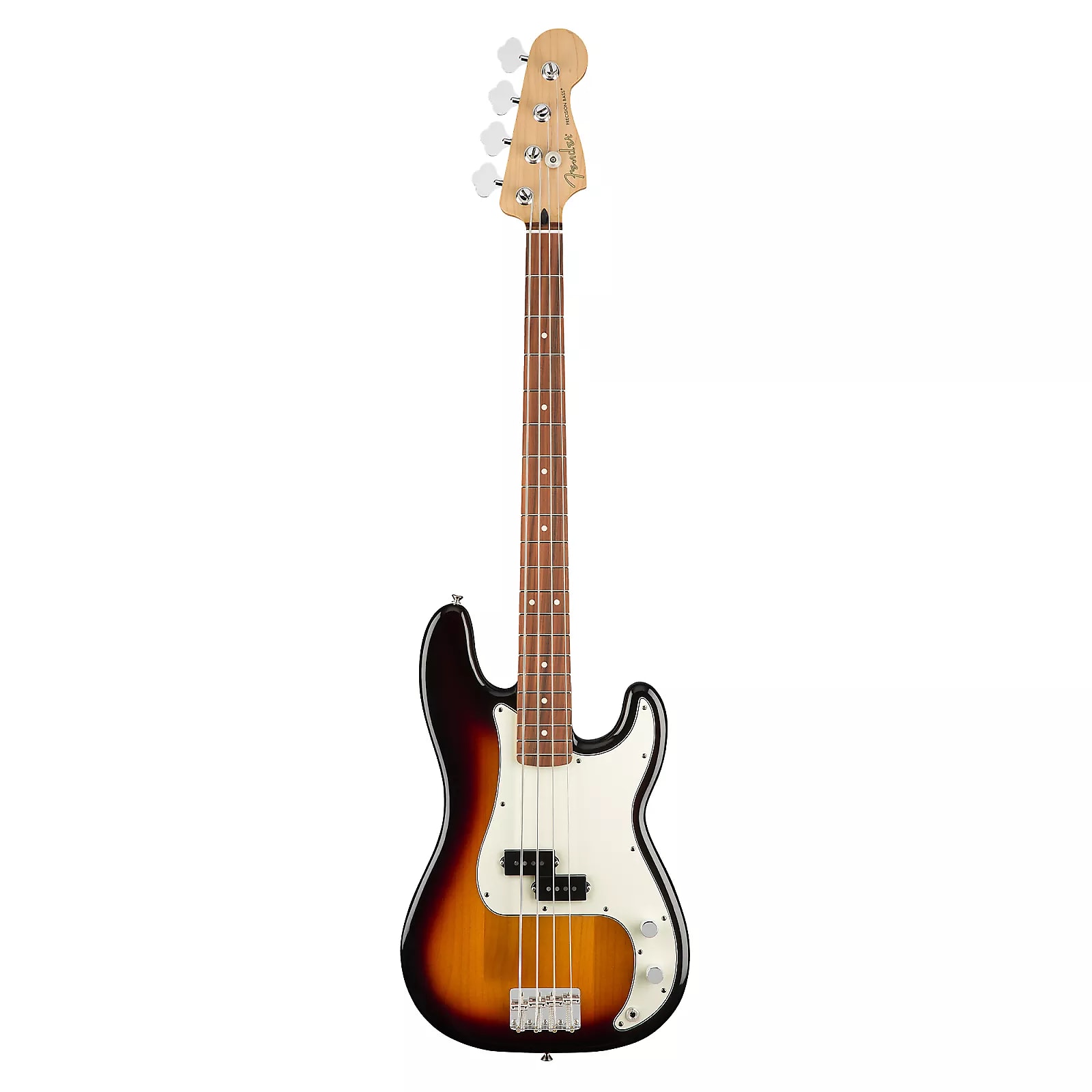I echo what others have said, there is no definitive answer to this. You can get a great bass that is perfect for you that is inexpensive, but for someone else it might be an expensive one that hits the spot. However, I think it is worth talking about averages here.
From my personal experience, if looking at quality of the instrument and tone, there is a curve that is steep early on and then you get diminishing returns fairly quickly. What I mean by that is that there is usually a bigger difference between a $100 to $200 bass than a $800 to $900 bass, even though they are both $100 apart.
Also, from my test of many basses in shops, I personally don’t think you get better quality/tone once you go over the $1.5k-$2k range. After that price, what you are mainly paying for is cosmetics, exclusivity, rare woods, etc. One exception I’ve seen is chambered bodies to make the bass lighter, but this is usually not the case.
But again, you might play a bass and it is perfect for you and it is only $500. Go with it. I’m not saying there aren’t quality basses under $1.5k-$2k. I’m just saying that over that amount, you are generally paying for things beyond quality and tone.
Lastly, I am speaking largely as an amateur here. The more you play a bass, the more you pick up on nuances in how they play and how they sound. To us, two basses may sound the same. To a maestro, they might sound different. To a maestro, they might hear that 1% better tone in an original 60s Jazz Bass, which makes it worth it for THEM to pay more for it. But even then, another maestro might hear the difference, but prefer their $500 bass sound.
So, I’d say there are some general averages that can help you budget, but ultimately only you will can identify a great bass, whatever price that may be at. Hope that helps some.
P.S. - I consider a “great” bass to be quite cheap compared to the cost of some other instruments, like a “great” violin. Acoustic instruments generally have quite a different curve.

